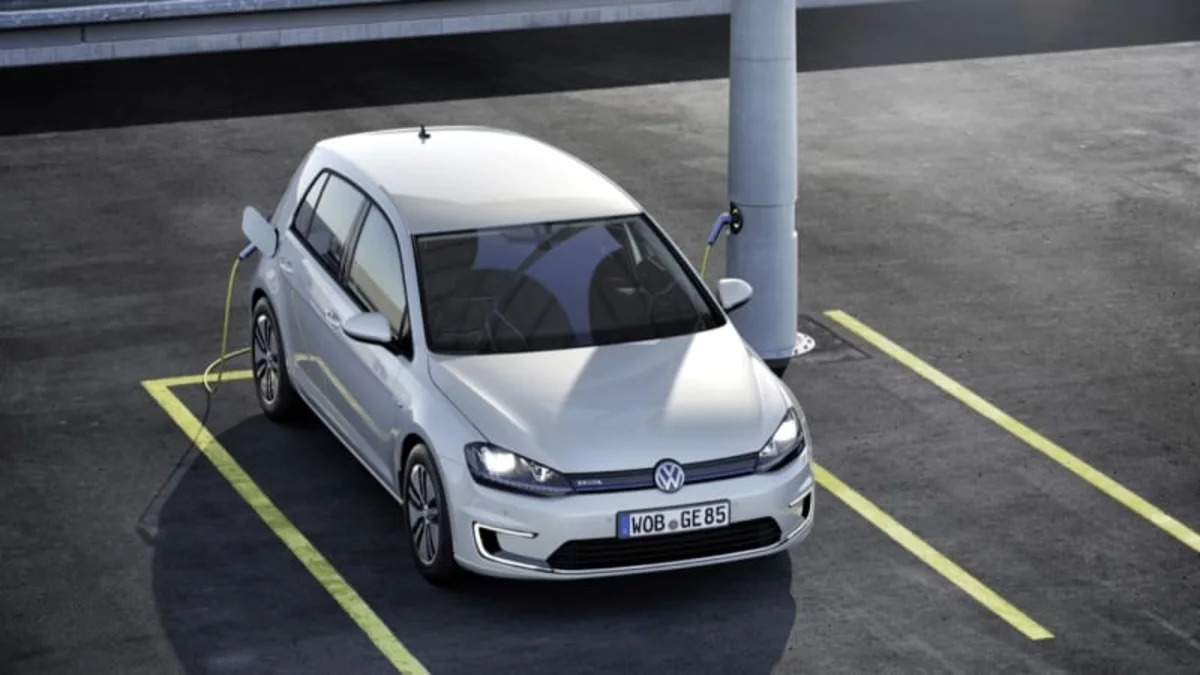Every car bought in Germany must be a zero-emissions vehicle by 2030 if the country wants to hit its emissions goals, said the country's deputy economy minister, Rainer Baake, who made the claim at a climate forum hosted by the Tagesspiegel newspaper.
"Fact is there's been no reduction at all in CO2 emissions by transport since 1990," Baake said, according to Hybrid Cars.
Germany wants to cut CO2 by 80 to 95 percent by 2050, but because the average vehicle spends 20 years in service, the country must cut gas and diesel vehicle sales by 2030. The challenge is immense – the German transport industry is defined by fossil fuels and is responsible for 20 percent of the country's CO2 emissions, the Environment Ministry reports.
While Japan and the United States started embracing electrics in the 2000s, Mercedes-Benz, BMW, and Volkswagen doubled-down on diesel power. Hybrids are a tiny portion of the country's total vehicles today, and zero-emissions cars a smaller percentage. According to Hybrid Cars, EVs will account for about 0.6 percent of cars registered in Germany in 2016.
Eight percent of German vehicles could be electrics by 2025, according to a forecast from the Center of Automotive Management Institute, thanks in part to new cash incentives. Lawmakers might eliminate vehicle taxes on electrics to drive demand, too.
Related Video:

"Fact is there's been no reduction at all in CO2 emissions by transport since 1990," Baake said, according to Hybrid Cars.
Germany wants to cut CO2 by 80 to 95 percent by 2050, but because the average vehicle spends 20 years in service, the country must cut gas and diesel vehicle sales by 2030. The challenge is immense – the German transport industry is defined by fossil fuels and is responsible for 20 percent of the country's CO2 emissions, the Environment Ministry reports.
While Japan and the United States started embracing electrics in the 2000s, Mercedes-Benz, BMW, and Volkswagen doubled-down on diesel power. Hybrids are a tiny portion of the country's total vehicles today, and zero-emissions cars a smaller percentage. According to Hybrid Cars, EVs will account for about 0.6 percent of cars registered in Germany in 2016.
Eight percent of German vehicles could be electrics by 2025, according to a forecast from the Center of Automotive Management Institute, thanks in part to new cash incentives. Lawmakers might eliminate vehicle taxes on electrics to drive demand, too.
Related Video:



Sign in to post
Please sign in to leave a comment.
Continue